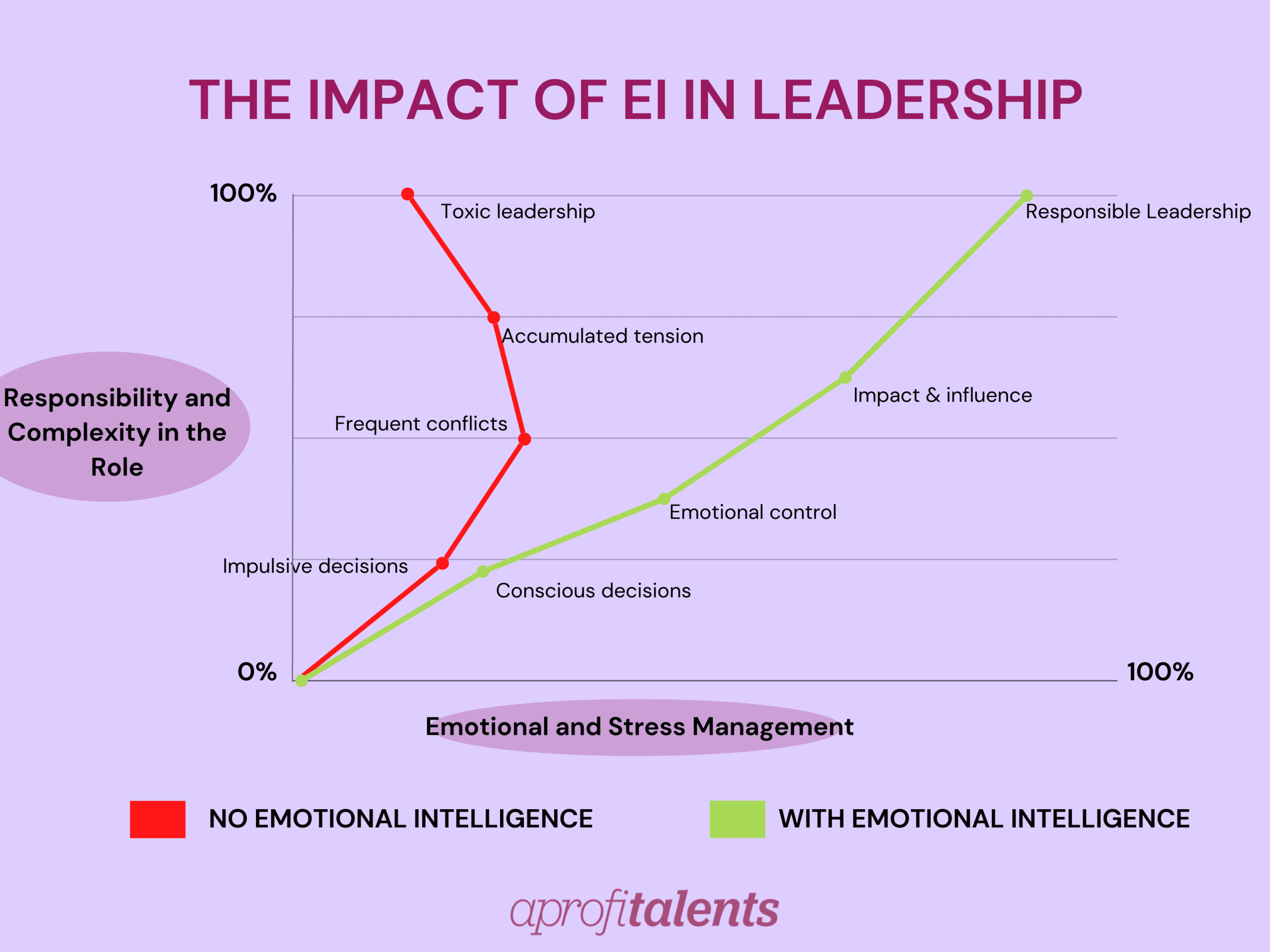This Monday the 20th I was lucky enough to offer leadership development training and social relationships at work, because I met a group of entrepreneurial professional women full of energy, humility, intelligence, values, curiosity, integrity, sympathy and closeness.
Without a doubt, in order for a person to influence and help others grow and improve through their leadership, they must possess and demonstrate humility. Without that quality, the rest cannot be conceived.
What do we work and practice during the morning in the workshop?
➡️ The 5 main aspects of Emotional Intelligence based on Daniel Goleman’s theory: (Stockton, March 7, 1946). DG is an American psychologist, journalist, lecturer and writer. He says that “Without Emotional Intelligence, a person can have the best training in the world, a privileged and analytical mind and an inexhaustible source of intelligent ideas, but even so he will not be a great leader, nor a great person” and I add neither. a good companion.
➡️We made a personal SWOT: it is a tool that I use with professionals so that, just as we do with teams and companies, they can detect what their strengths are, what their weaknesses are (and train and educate themselves). to turn them into strengths), what are their opportunities and threats.
➡️Leadership is passion not position –For this reason, in my opinion you cannot do leadership development training only for directors or managers -because we are left halfway- if what you want is for the company and the teams evolve and all help to increase profits, training must be carried out, little by little, for all members. Personally, I only work with professionals and companies that value people and that breathe in their culture, not perfection, because it does not exist, but values.
➡️Time for reflection. On a day-to-day basis we do not usually stop for a few minutes to analyze, think, evaluate and see if the path we are traveling takes us to the goal we have set for ourselves. It is also necessary to have clarity and increases concentration.
➡️The behaviors of the leader: My friend Andrés Ortega</ a>, winner of the Gold Award for best Blog in 2013 and 2015, wrote this post about The 10 behaviors to be a better leader and person which I not only share, but I like to use it in this training, since it summarizes very well the topic and helps participants self-evaluate. The one that is most surprising for its benefits and I like to explain with my own examples, is showing yourself vulnerable.
➡️5 steps to give constructive criticism individually:every person has to, sooner or later, be able to talk to a colleague or manager to communicate those aspects that the person must modify, start doing, or stop doing , so that your work provides more value. Every person who prides himself on being a leader must be able to give constructive criticism to others, without anyone feeling hurt, frustrated, confused or becoming defensive and closing in. Choosing the right words, expressing them with the right tone and gesture, is something that concerns us all, regardless of our role in the company.
If only the bosses are the ones who evaluate and they are not open to listening to what they can do differently, we find that there is no relationship of equals, there is no reciprocity, there is no trust, communication is difficult.
When I say equal, what I mean is that, in every company, all people are equally important; If in a hotel the employee in charge of cleaning the rooms, meeting rooms, public areas, etc., does not carry out his responsibilities and tasks adequately, the sales director can put a lot of effort into selling, which as a customer sees dirt or has a bad response from that worker – unmotivated and undervalued – not only will the hotel not inspire confidence in him, but he will most likely not return and will give a bad online rating.
➡️To finish we talk about the present and future of Leadership: Constantly learning, both in digital skills of all kinds, and promoting change and innovation.
I would like to thank and share the following: of all the wonderful and generous opinions that the attendees offered at the end, I prefer that of Sofía Huapaya:
“From the hand of Susana Jiménez we have learned about Leadership and the improvement of social relationships using emotional intelligence. She has refreshed us on concepts but, above all, she has helped us in a practical way, to focus on ourselves. Leadership training is not only for managers, it is for everyone. We are all leaders, we can all inspire, we can all transmit, we can all help. The important thing is to recognize your value and that of others.”
Below, photo with part of the group of attendees at the workshop. From left to right: Isabel Fernández González, Marielena Irausquin, Marga Cano, myself, Sofía Huapaya and Yadira Chawez. Also thanks to Anna Alfaro for your trust, to Iveta Jankovska, to Mónica Baldi and Carolina Medrano who are not in this photo.





